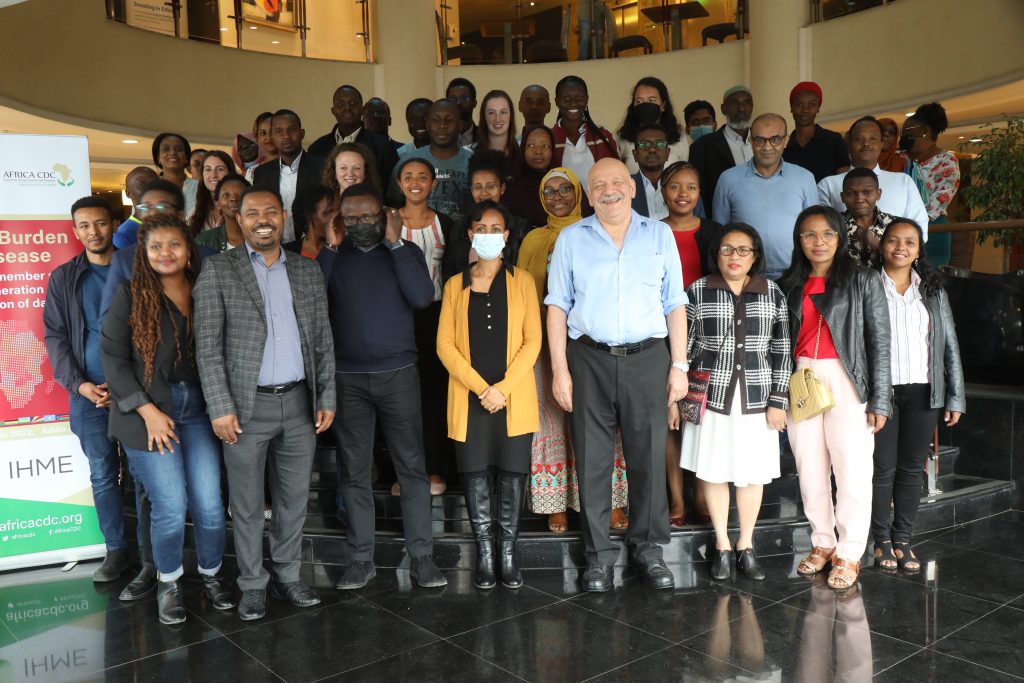Ethiopia Hosts Collaborative GBD Training by Africa CDC, IHME and EPHI for East African Countries

The Institute for Health Metrics and Evaluation (IHME), in collaboration with the African Union-Africa CDC and EPHI, has offered the first round 5 days training for participants from East Africa countries. The training, conducted from 5th to 9th of September, invited 14 countries of Eastern Africa: Kenya, Uganda, Rwanda, Sudan, South Sudan, Djibouti, Ethiopia, Madagascar, Eritrea, Comoros, Somali, Seychelles, Tanzania, and Mauritius. The training aimed to let participants understand GBD estimates, details of methods and data sources, data quality and gaps of data, creating collaboration for scientific informed decision making across East Africa countries.
The training was given by experts from the IHME on different issues including: demographics, causes of death, non-fatal health outcomes, risk factors, and policy applications. Practical experiences and success stories of EPHI’s National Data Management and Analytics Centre (NDMC) was shared and inspired many participants to amalgamate an enhanced data management system within their respective countries.
On the closing session of the training, participants were given certificates by her excellency Dr. Liya Taddesse, Minister, Ministry of Health and Dr. Raji Tajudeen; Head, Division of Public Health Institutes and Research at Africa CDC. In her speech, Dr. Liya stressed that good data management would pave the way for better decision making. Besides, she added that Ethiopia has a strong collaboration with IHME and GBD and accomplished key millstones which could be improved by greater collaboration. Moreover, she recognized the role of IHME in the Ethiopian health system by saying ‘‘the collaboration with IHME has helped us to establish a National Data Management and Analytics Center at EPHI. The center’s multi-disciplinary team works to enhance health data repository and governance systems, advance in-country health data analytics and generate quality scientific evidence, and translate evidence into policy and decisions.’’

